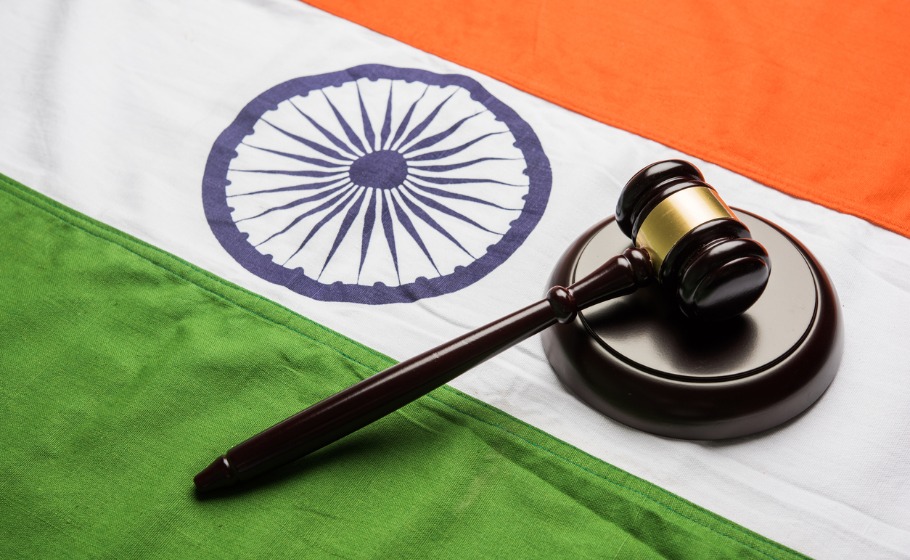
Eight tribunals gone, right to cinematic expression loaded with fresh burden

The Centre has replaced the existing appellate authorities in nine laws and vested those powers in high courts through an ordinance – the Tribunal Reforms (Rationalization and Conditions of Service) Ordinance 2021, promulgated on April 4.
The Appellate Tribunals under Cinematography Act, 1952, Trademarks Act, 1999, Customs Act 1962, Patents Act 1970 and the Geographical Indications of Goods (Registration and Protection) Act, 1999, were scrapped and replaced with high courts.
The Tribunal under the control of National Highways (Land and Traffic) Act, 2002, was also abolished and appeals are directed to civil courts. The appellate board under Copyright Act, 1957 is replaced with commercial court or commercial division of a high court.
The Airport Appellate Tribunal under the Airports Authority of India Act, 1994 was abolished and the disputes now need to go to the Central government in some areas, while from the orders of eviction officers, the appeals have to be taken to high courts.
The so-called process of rationalization of tribunals began in 2015. The government has passed the Finance Act, 2017, to abolish seven tribunals or merged them based on functional similarity. Their total number has been reduced to 19 from 26.
Now there can be no appeals against orders of the Censor Board: either a producer has to silently suffer or move a high court and wait for years for justice. The Modi government appears to have brought a new kind of censorship on the cinema — it has abolished Film Certification Appellate Tribunal through an ordinance.
If aggrieved by undue cuts and censors, film producers must directly go to high courts to get movie cleared for exhibition. The new masterstroke has invited a tide of adverse comments from cinema personalities, who have termed the move as new censorship on expression. The Tribunal Reforms Ordinance 2021, promulgated on April 10, does not reform but removes the appellate tribunal under Cinematography Act. Not only FCAT, but several other tribunals have been amalgamated in the name of rationalization.
Also read: Censorship? Mumbai LitFest cancels Chomsky talk over content on Tatas
The Film Certification Appellate Tribunal was a statutory body established in 1983 under the Cinematograph Act, 1952 by the Ministry of Information & Broadcasting. The FCAT was hearing appeals filed under Section 5C of the Cinematograph Act by those aggrieved by the decision of the CBFC.
The tribunals were not functioning well, but does it mean that they should be abolished? The fact is they were deliberately kept understaffed and starved of funds. Field experts, too, were kept away.
The orders of Censor Board of Film Certification have been controversial. The FCAT gave relief to Shaheb Bibi Golaam and Lipstick Under My Burkha films which were objected to by the CBFC and paved the way for their release in 2016. The decision to deny certification to ShubhradeepChakravorty and Meera Choudhary’s film En Dino Muzaffarnagar was also criticised as unreasonable.
The Anti Indian, the debut film of C Ilamaranwas was refused certification by Examining Committee of CBFC. It was referred to a revising committee. The FCAT used to charge a normal fee, hold screening and pass judgements promptly. Similarly, Tamil Film Gypsy by Raju Murugan was released because the revising committee reduced the cuts. As he was pressed for time, he rushed to the theatre, avoiding a journey through the tribunal with those cuts.
Now high court judges must watch movies and decide. Leena Manimekelai’s first film Sengadal, The Deadsea was banned and second movie Maadathy, An Unfair Tale was struck with refusal by CBFC. Now Leena must wage a legal battle or cut the movie into pieces as per the Board wishes. The producer must risk more money and time while the already overburdened constitutional courts should suffer more cases. If a producer fails to convince the Board, his expression will be curtailed. This is a different way of curbing the artistic expression.
After imposing restrictions Over the Top (OTT) streaming, this ordinance is a blow to the cinematic expression.
The Supreme Court order in Madras Bar association versus Union of India recommended constitution of a national tribunals commission to act as an independent body to supervise the appointments and functioning of tribunals, conduct disciplinary proceedings against members of tribunals and take care of administrative and infrastructure needs of the tribunals. Instead of creating such umbrella organization, the government has “reformed” tribunals by removal or amalgamation. There were Justice Mukul Mudgal and ShyamBenegal Committees that studied the FCAT and made several recommendations, but never asked for abolition of FCAT.
Abolition of all appellate tribunals under eight enactments will have cascading effect of high courts that are already overloaded with cases.
Also read: ‘Colonial-era censorship’: Critics slam J&K’s new media policy

